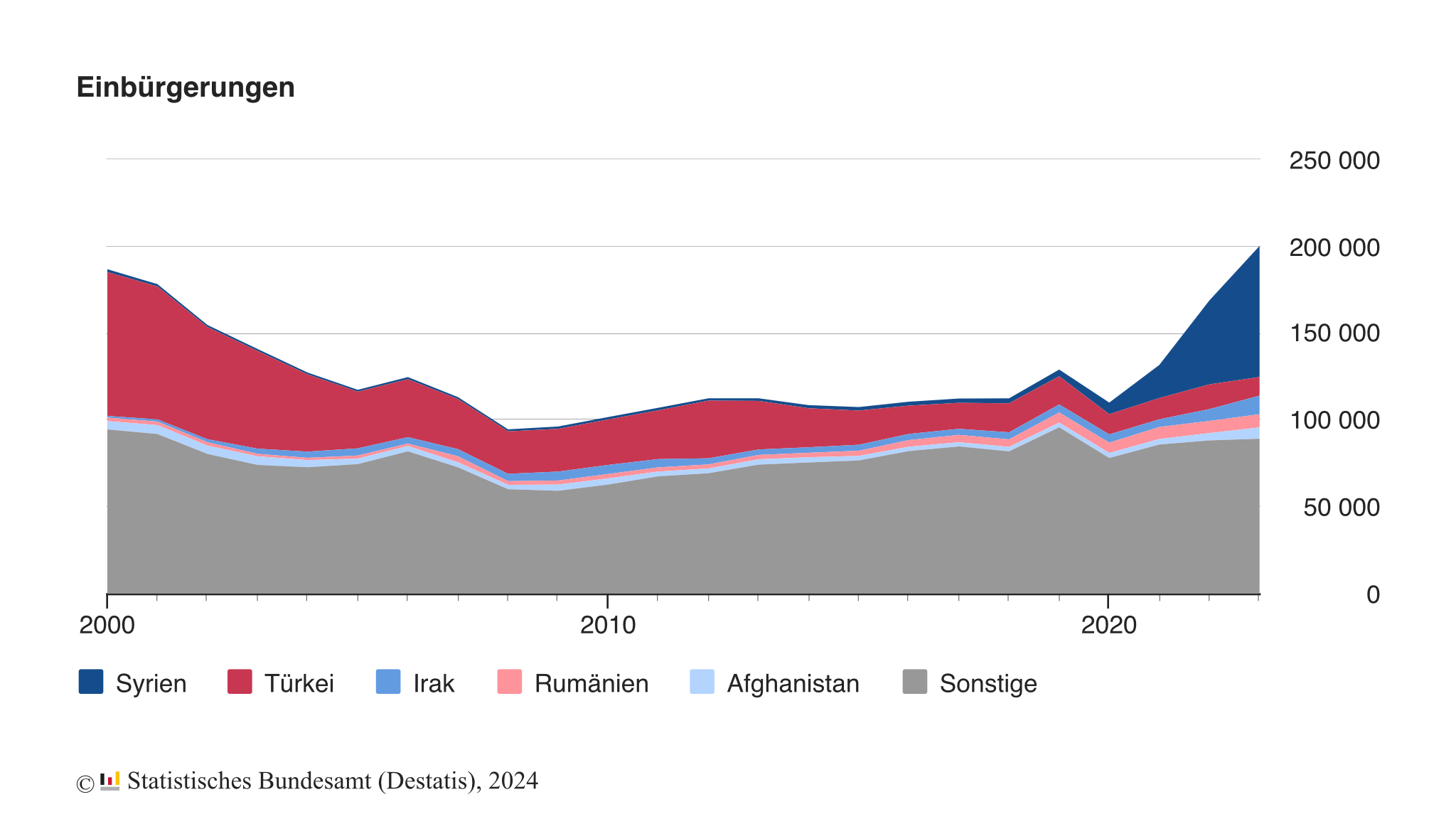
Ever felt lost in a maze, especially when it comes to something as crucial as your health? Navigating a foreign healthcare system can feel exactly like that. This guide aims to demystify the German healthcare landscape, providing practical insights and real-world examples to empower you to access quality care with confidence. From finding the right doctor to understanding insurance intricacies and handling emergencies, we’ll equip you with the knowledge you need to navigate the system effectively.
Finding a Doctor: The “Hausarzt” and Beyond
How do you find a doctor in Germany? The cornerstone of German primary care is the Hausarzt (family doctor). Finding a Hausarzt is crucial, as they serve as your first point of contact for most medical needs and often coordinate specialist referrals. Don’t expect immediate appointments, especially for routine check-ups. Waiting times can vary from a few days to several weeks. Don’t be surprised if the receptionist asks you questions about your reason for visiting – this is standard practice to prioritize appointments.
A valuable tool for finding doctors and booking appointments is Doctolib. This online platform and mobile app allows you to search for doctors by specialty (e.g., Hausarzt, dermatologist, gynecologist), location, and language spoken. Critically, Doctolib often displays available appointment slots, allowing you to choose a time that suits you without having to call the clinic. You can filter by doctors who are accepting new patients, which is especially helpful when searching for a Hausarzt. While not all doctors use Doctolib, it’s a great starting point for your search and often simplifies the appointment scheduling process. Remember, even with Doctolib, popular doctors may still have longer waiting times, and some clinics may reserve certain appointment slots for phone bookings. It’s always a good idea to double-check with the clinic directly if you have any difficulties or specific requests.
Health Insurance: The Foundation of Care
Germany has a universal health insurance system. Most residents are covered by public health insurance (gesetzliche Krankenversicherung), while high-earners and the self-employed may opt for private insurance (private Krankenversicherung). Health insurance is mandatory, and contributions are automatically deducted from your salary.
Your insurance card is essential for all doctor’s visits and hospital stays. While most basic treatments are covered, some services, like certain dental procedures or alternative therapies, may require additional out-of-pocket payments. It’s crucial to understand your insurance coverage and what it entails.
The Hospital Experience: Emergencies and Planned Procedures
What happens when you need urgent care? In case of a life-threatening emergency, call 112. For less urgent situations, visiting a hospital’s emergency room (Notaufnahme) is an option. However, be prepared for potentially long wait times. Emergency rooms prioritize patients based on the severity of their condition. Don’t expect to be seen immediately just because you’re in pain. As one personal account highlights, even with a visible injury, you might experience significant delays if your condition isn’t deemed life-threatening.
For planned hospital procedures, your Hausarzt will typically provide a referral. Again, waiting times can vary depending on the procedure and the hospital.
Language Barriers and Cultural Nuances
How do you communicate with healthcare professionals if you don’t speak German? Language barriers can be a challenge. While some doctors and nurses speak English, it’s not always guaranteed. Learning basic German medical vocabulary is highly recommended. Consider using translation apps or seeking assistance from a translator if necessary.
Another cultural nuance is the emphasis on self-reliance. Doctors may expect you to actively participate in your treatment and ask questions. Don’t hesitate to voice your concerns and seek clarification.
The Importance of Proactive Healthcare
How can you make the most of the German healthcare system? Regular check-ups are essential for preventative care. Even if you feel healthy, annual check-ups can help identify potential health issues early on. Don’t hesitate to consult your Hausarzt for any health concerns, big or small. Remember, you’re paying for health insurance, so utilize it.
A Personal Anecdote: Navigating the System
One individual’s experience highlights the complexities of the system. A cycling accident led to a frustrating journey through emergency care, highlighting the long wait times and prioritization of critical cases. The experience underscores the importance of having a Hausarzt for follow-up care and the potential delays even with seemingly straightforward treatments. This person also encountered language barriers and the need to advocate for their own care. They learned that even with a visible injury, the system prioritizes based on perceived severity, and patience is often required. The anecdote emphasizes the value of preparation, including knowing basic German medical terms and understanding the role of the Hausarzt.
A Positive Note
Despite the challenges, the German healthcare system offers high-quality medical care. By understanding the system, being proactive, and utilizing available resources like Doctolib, you can navigate it effectively and ensure your health needs are met.
Simplify your move to Germany with our FREE “German handbook”. This invaluable resource covers everything from visa applications and healthcare to cultural etiquette and social integration.
Link to your German Handbook


